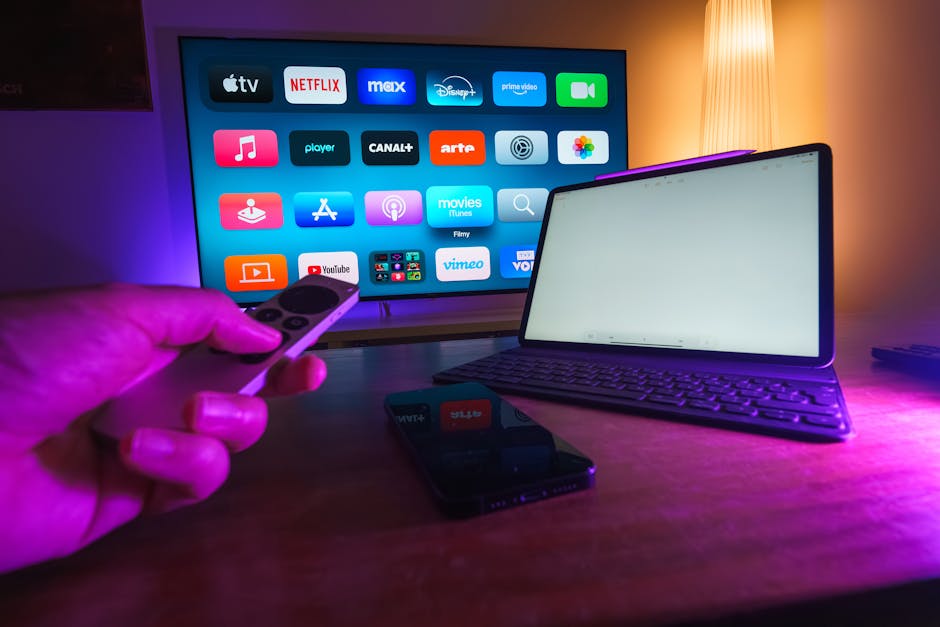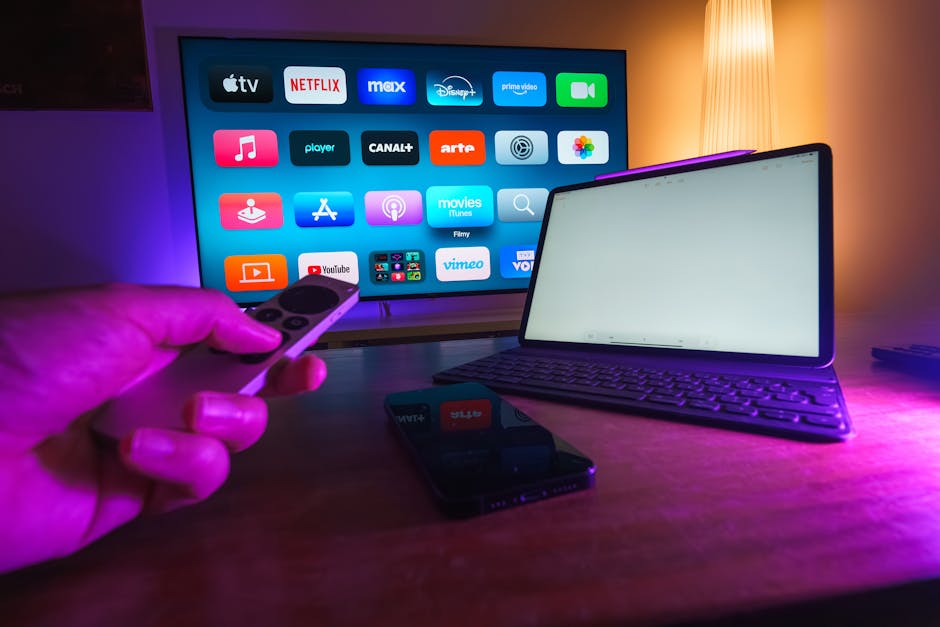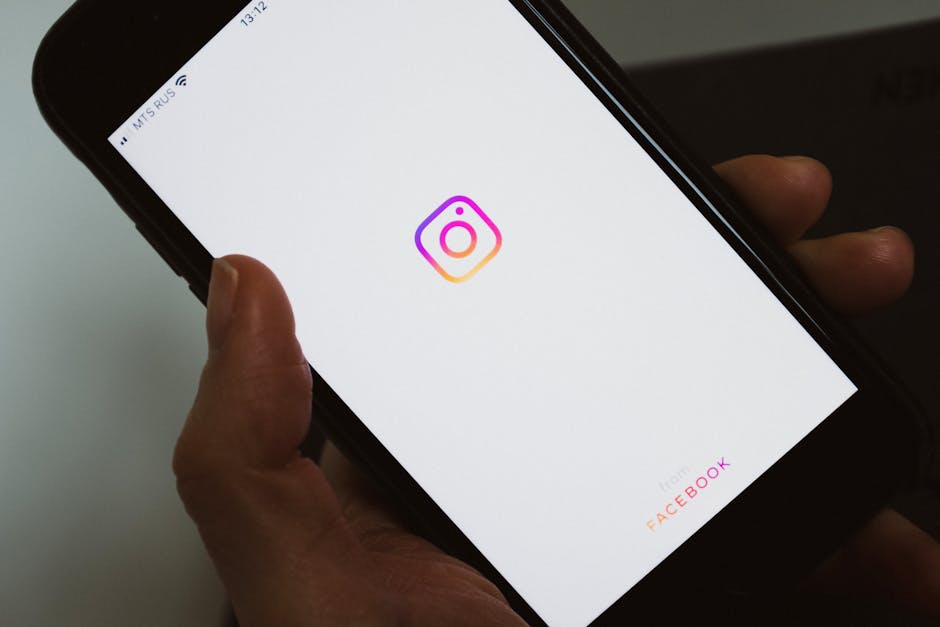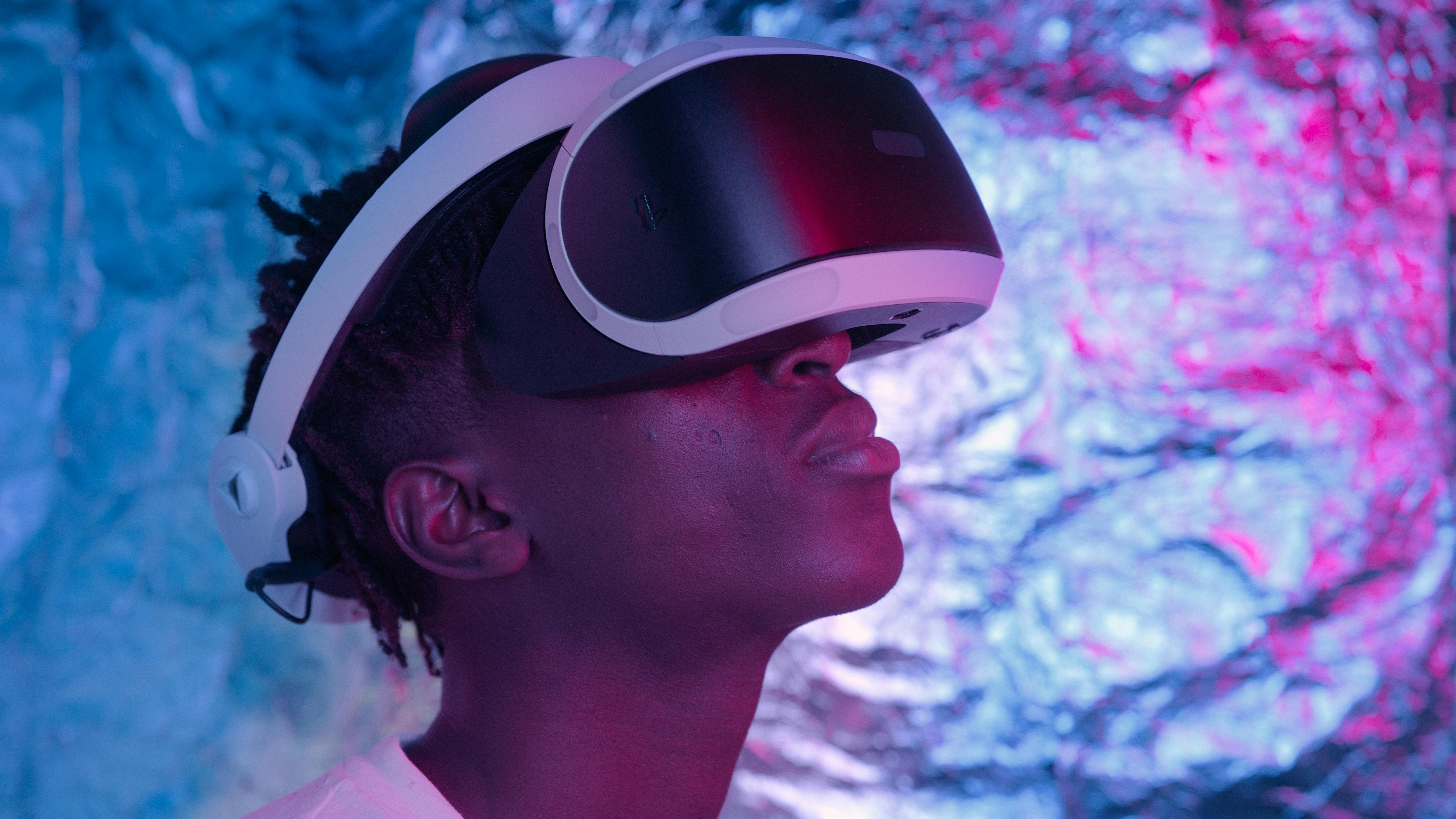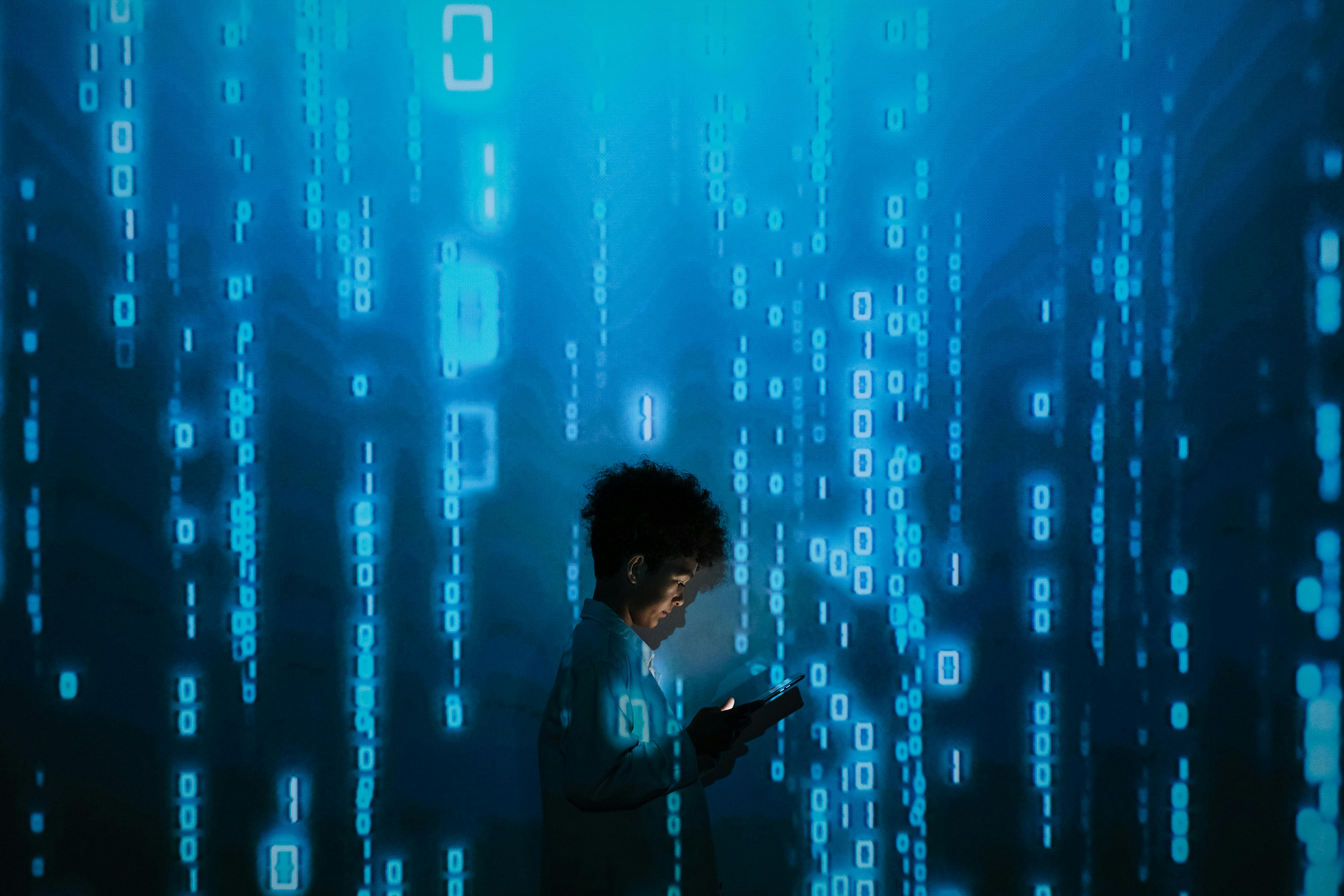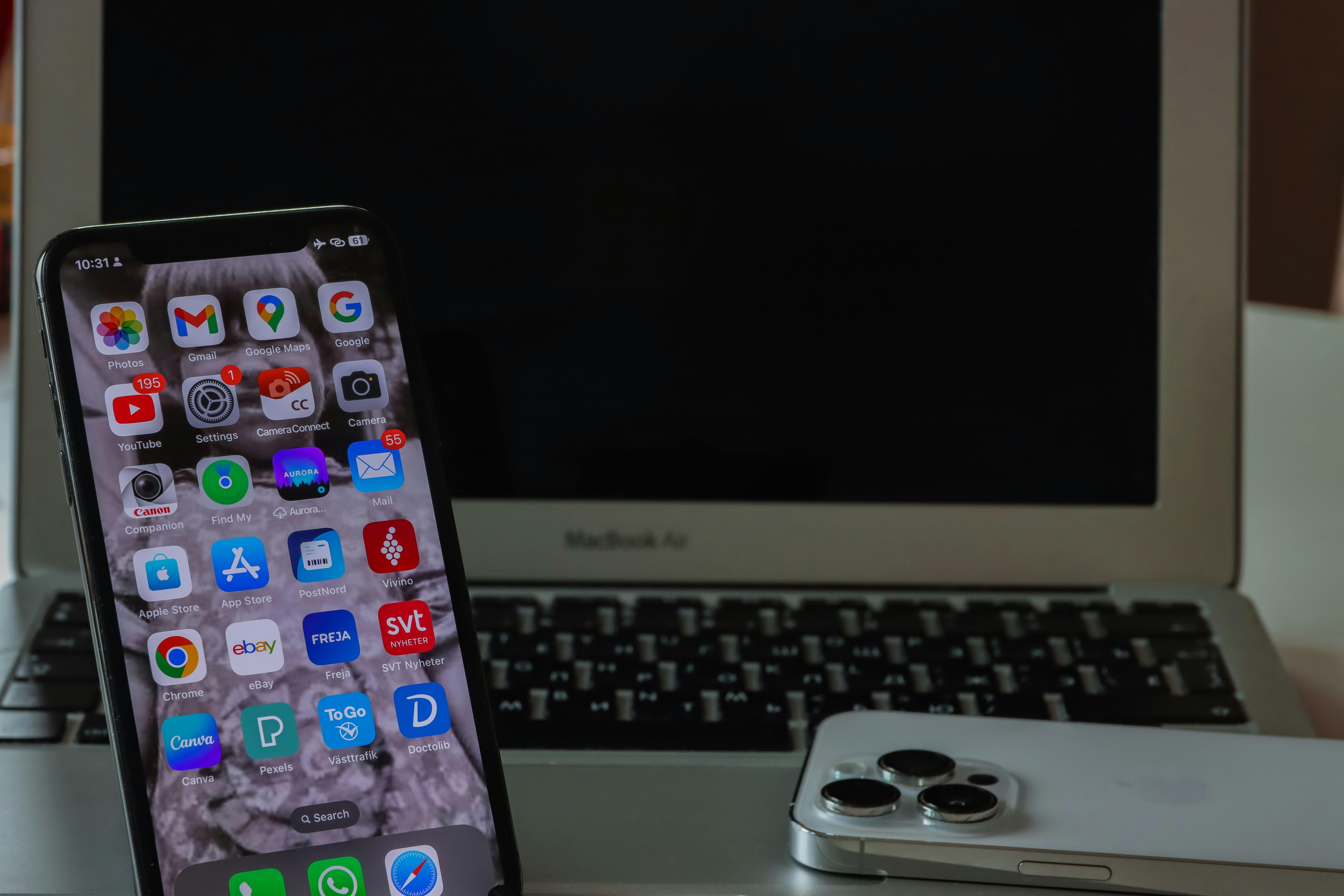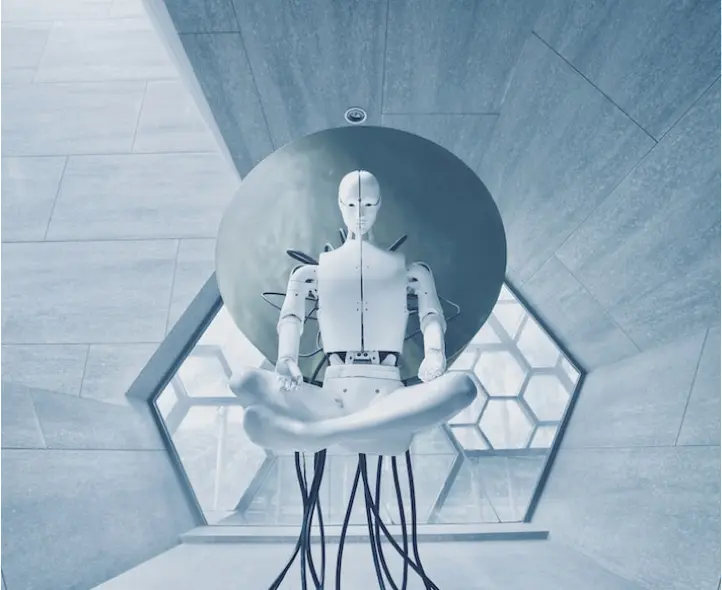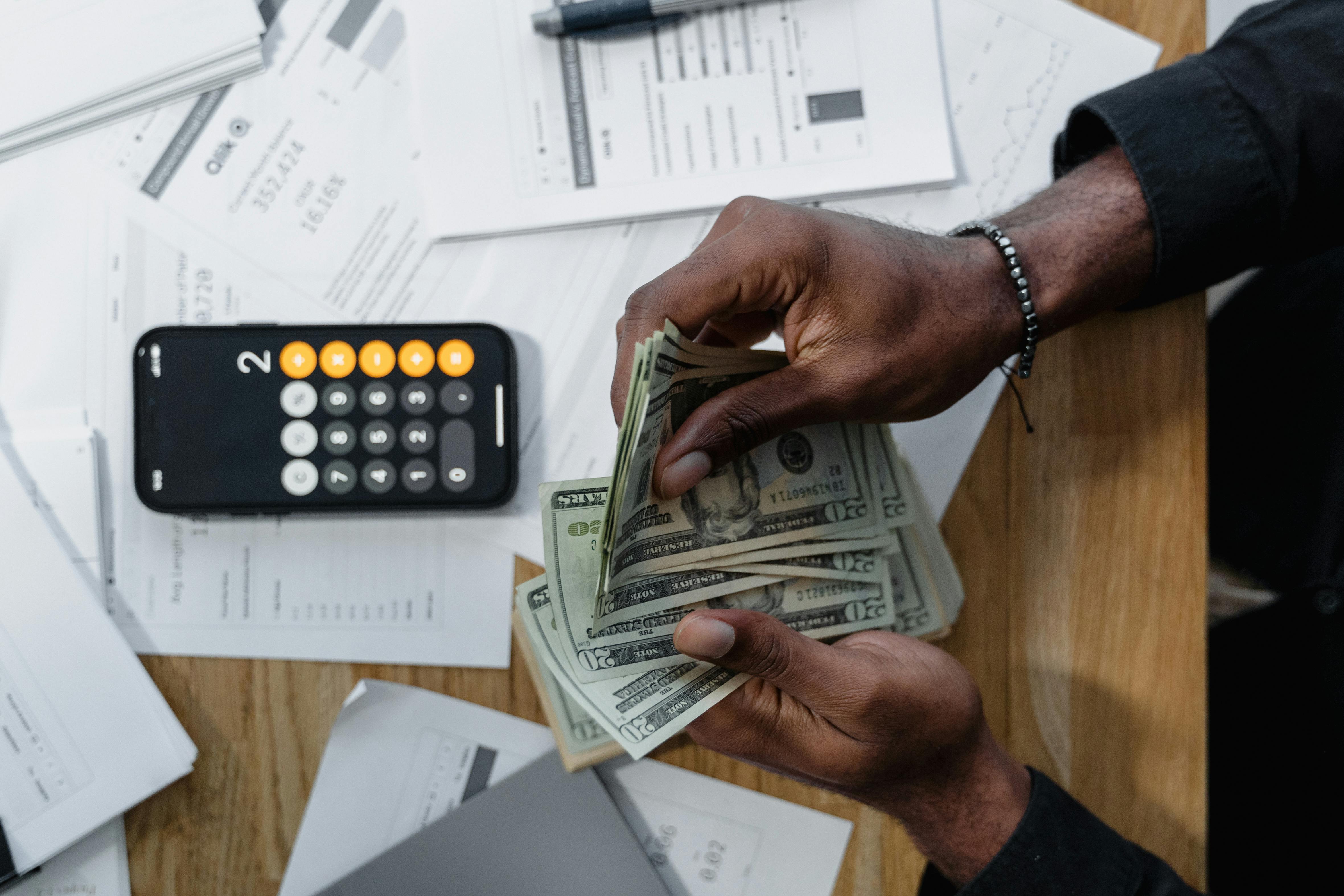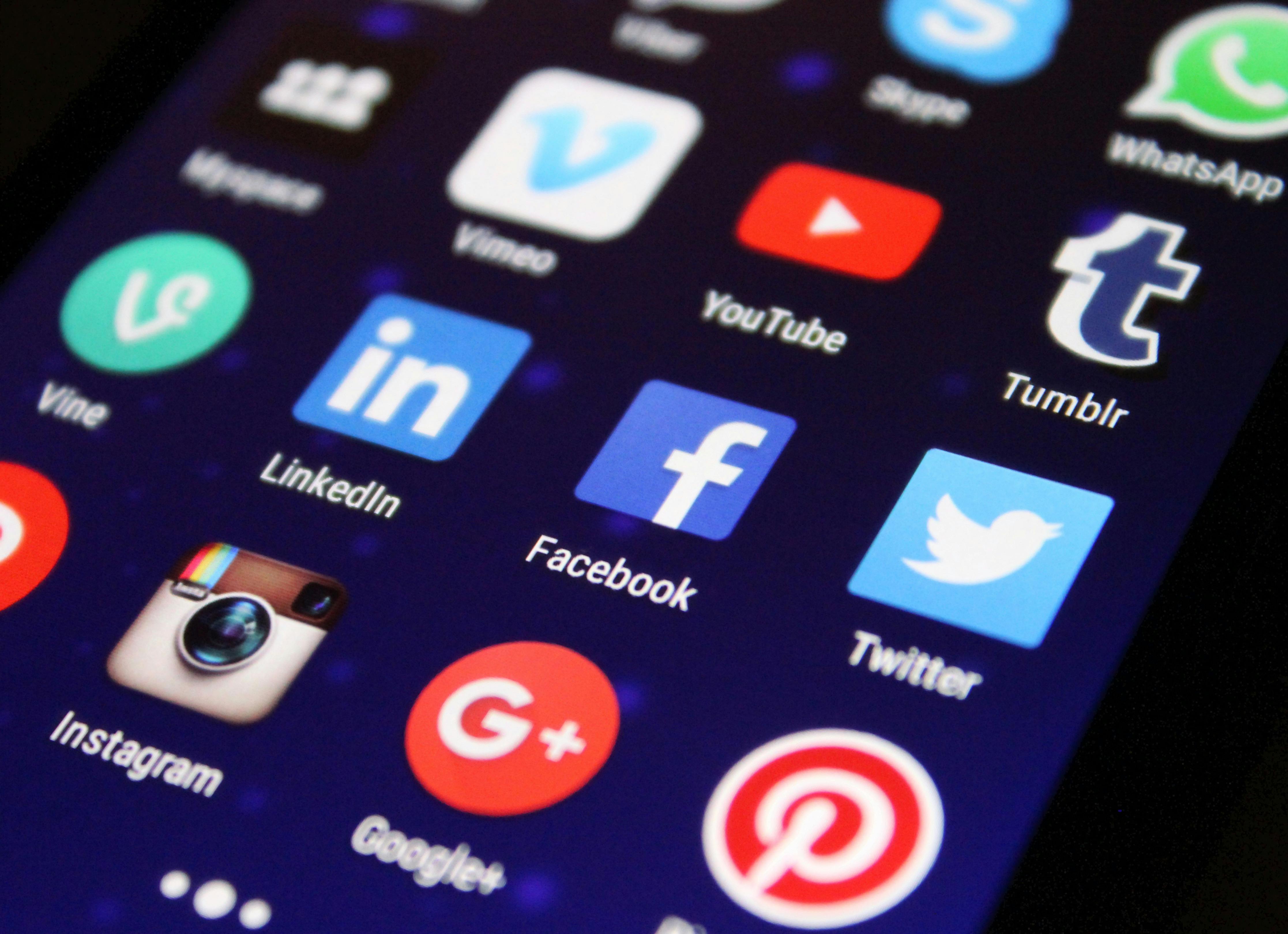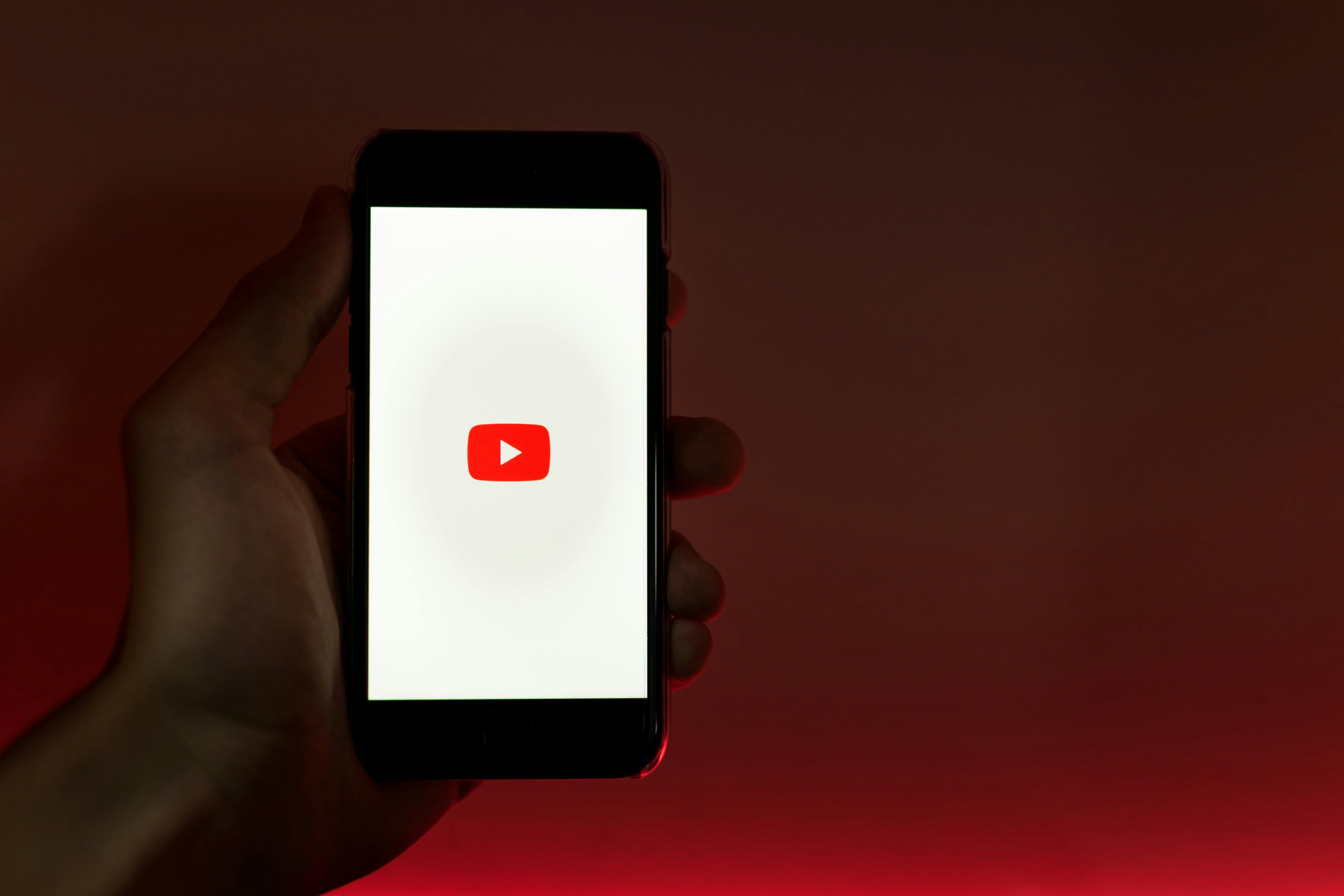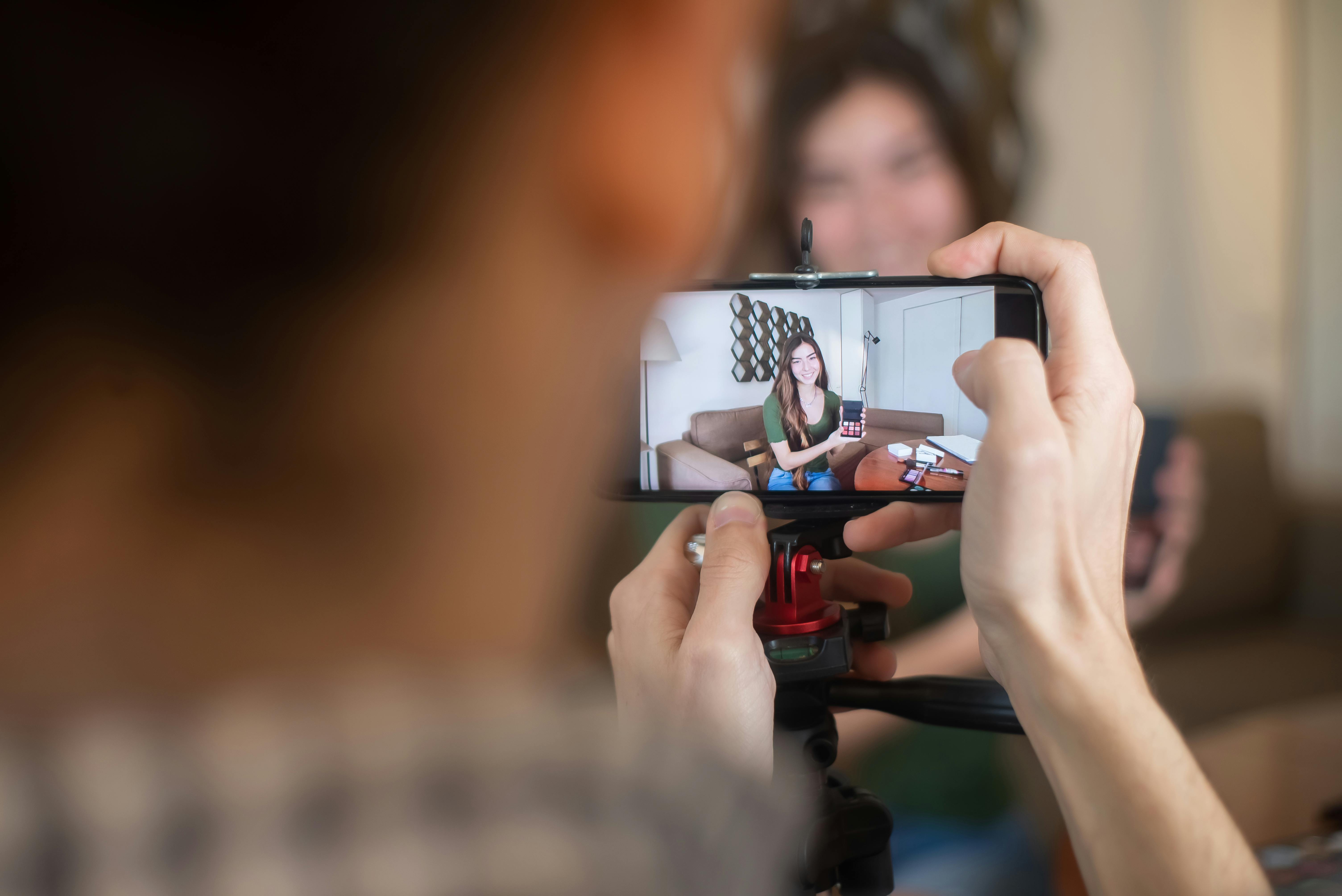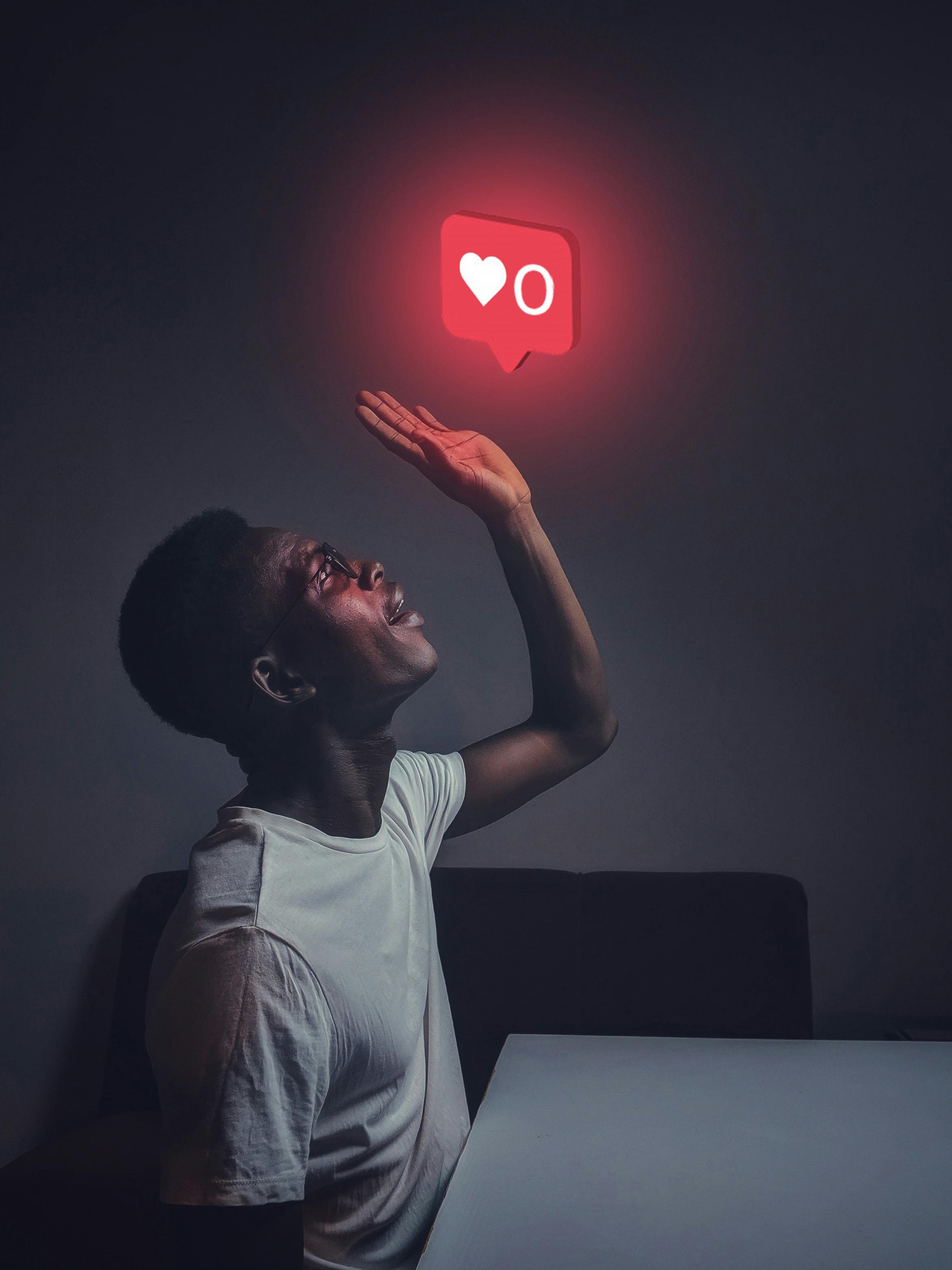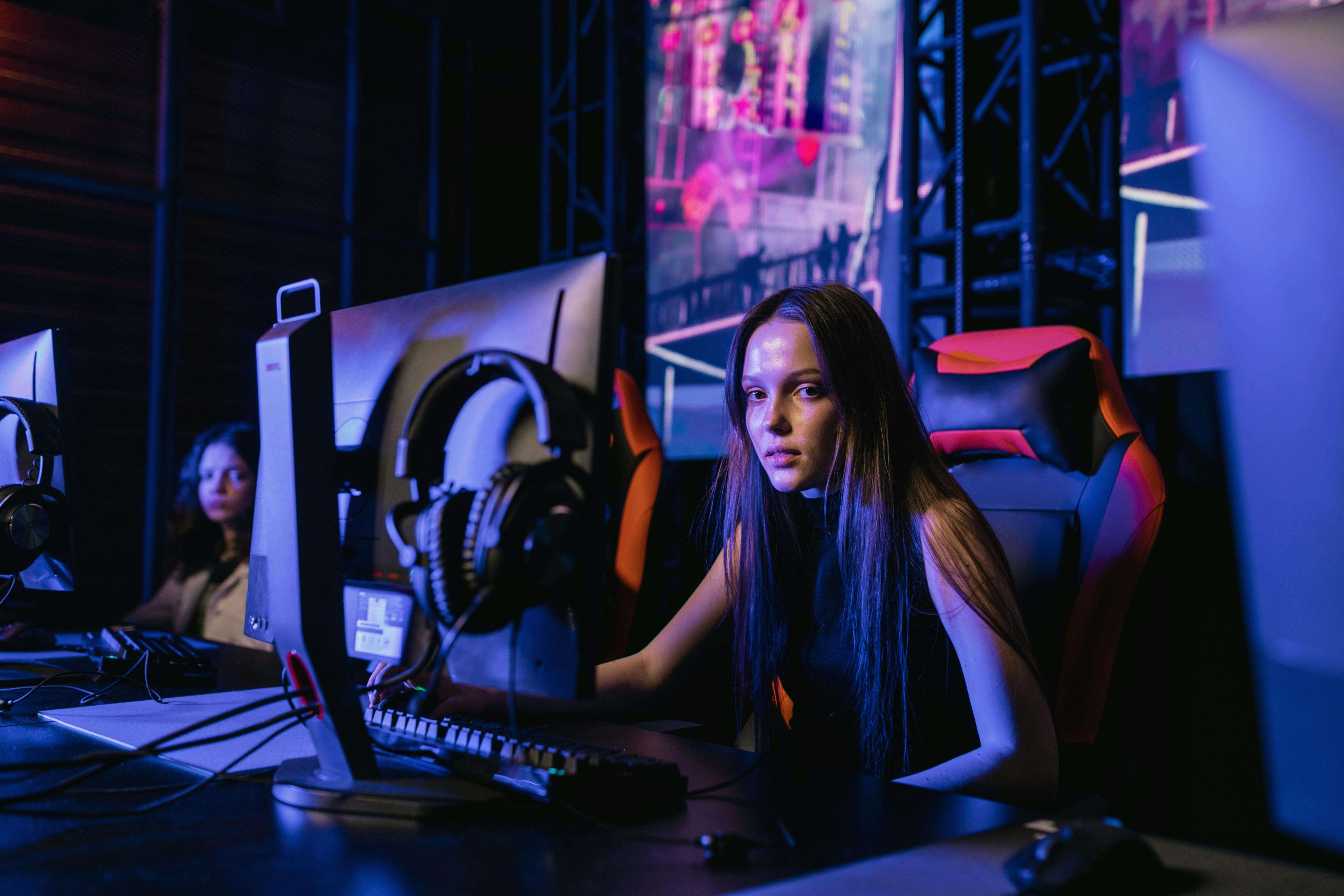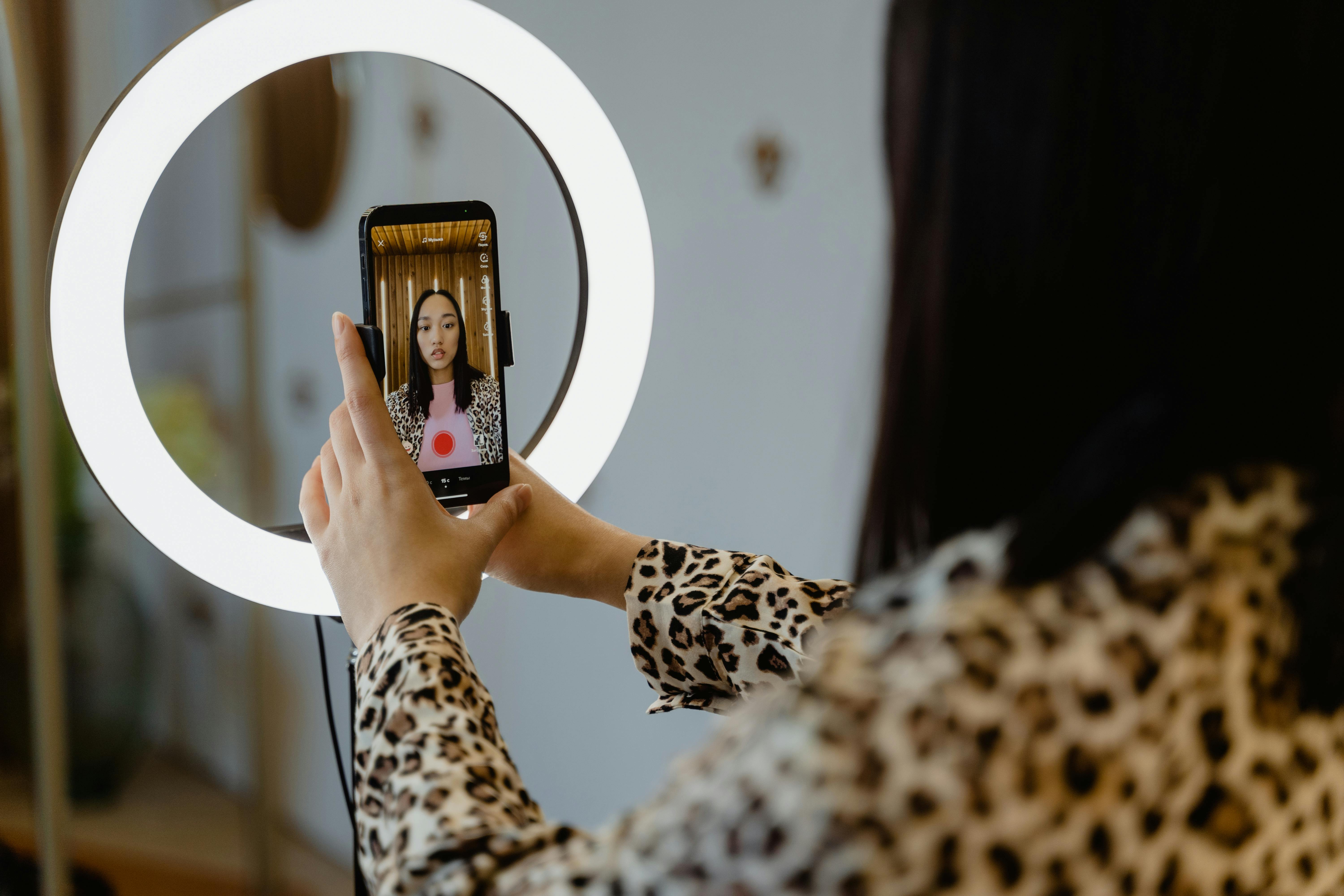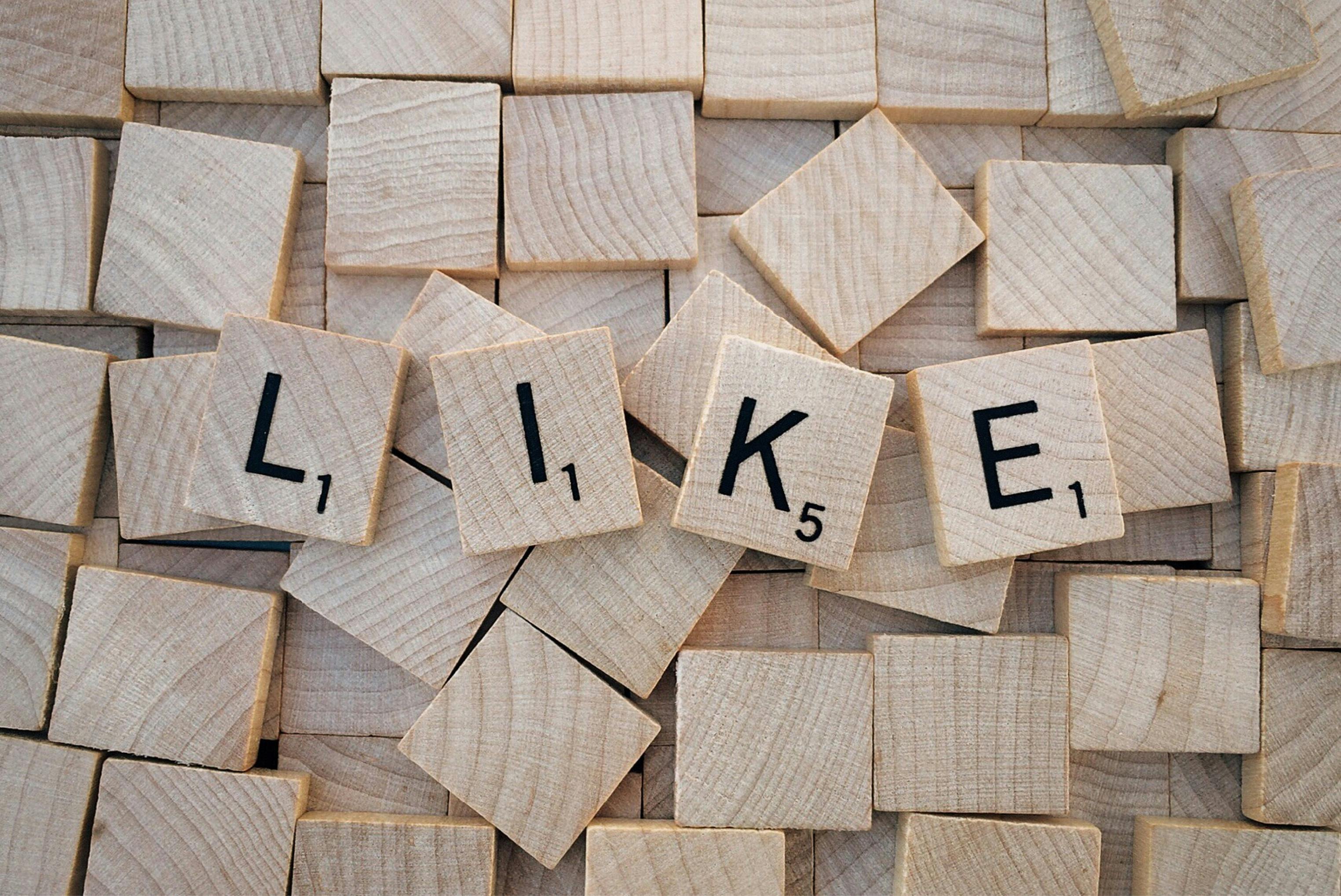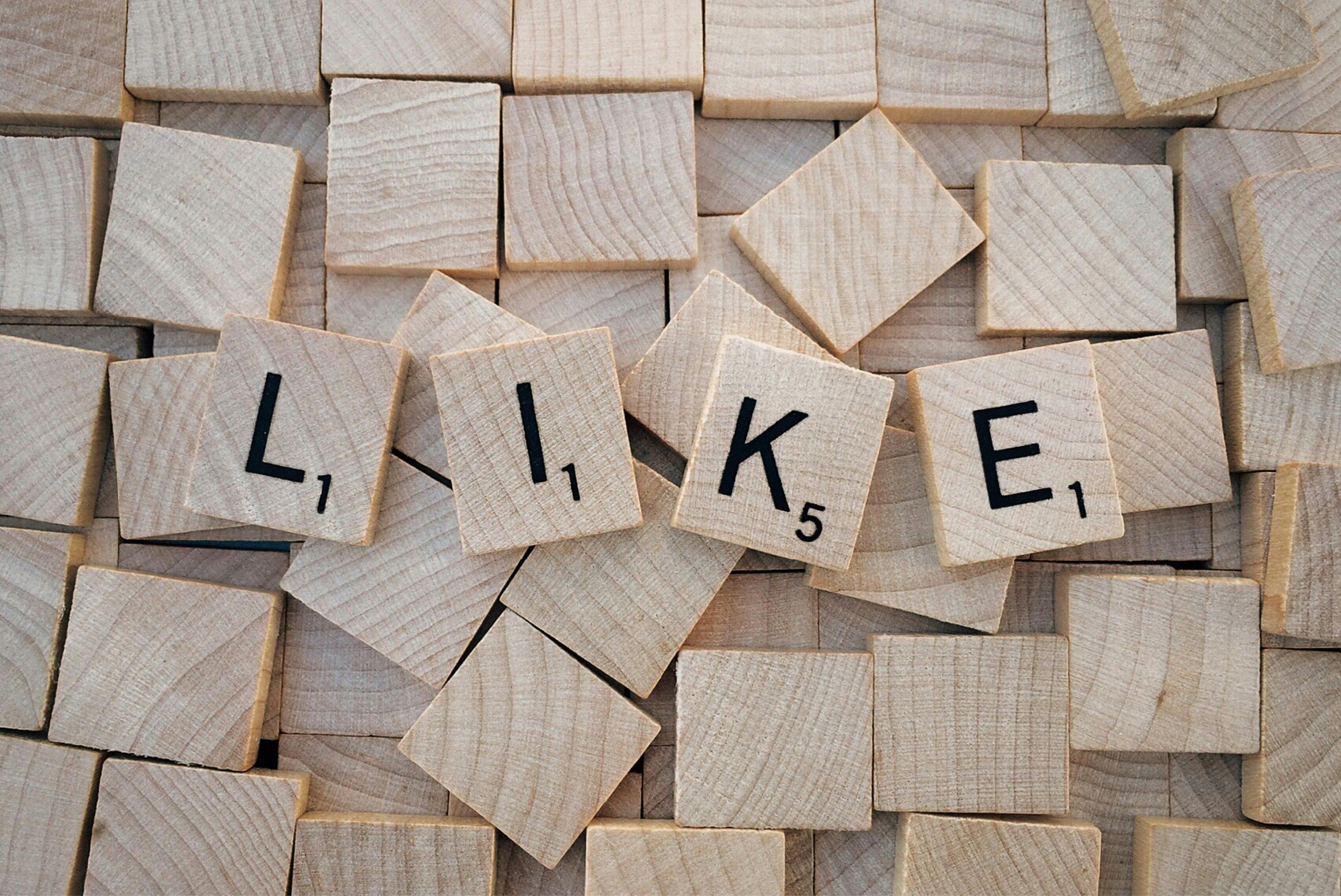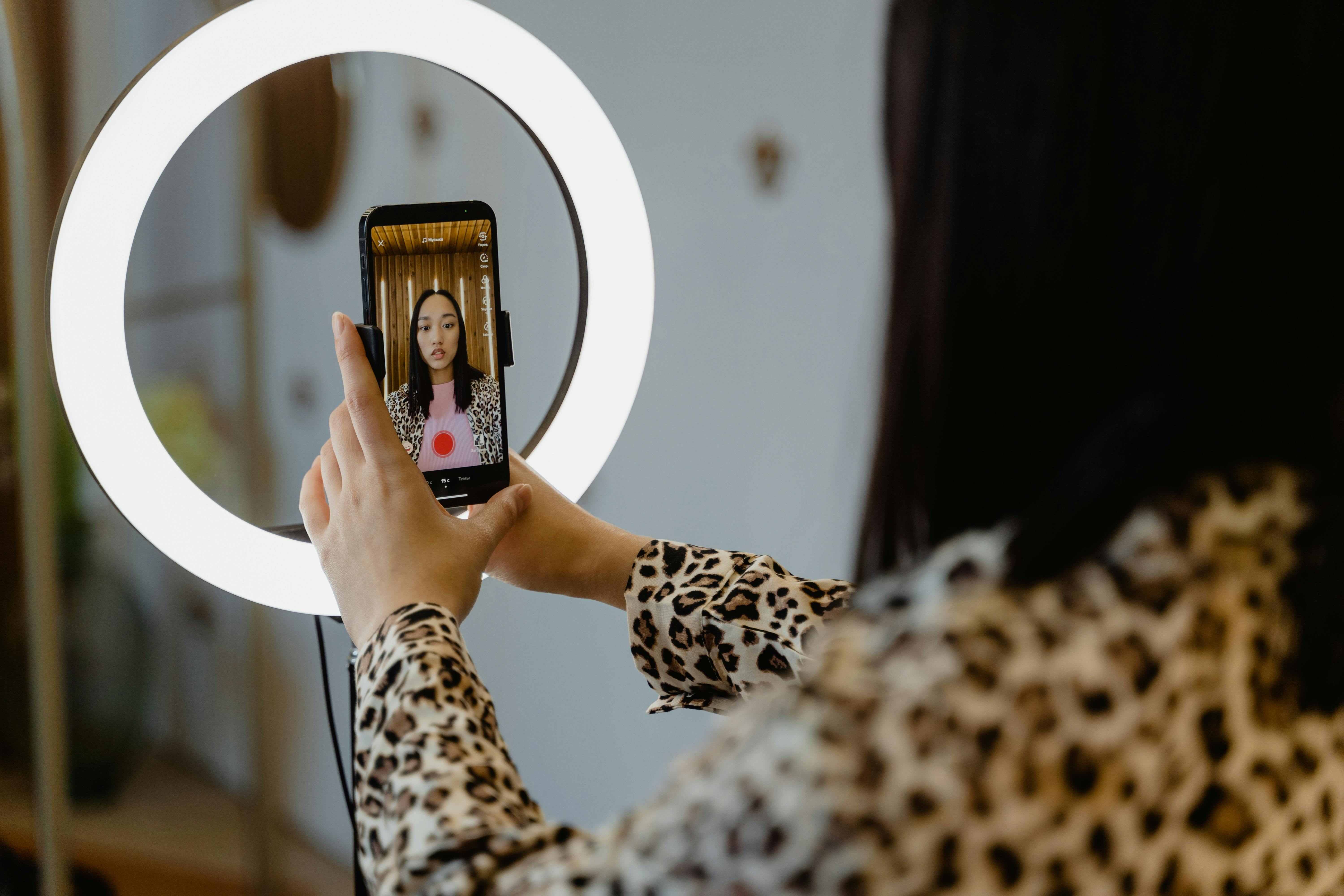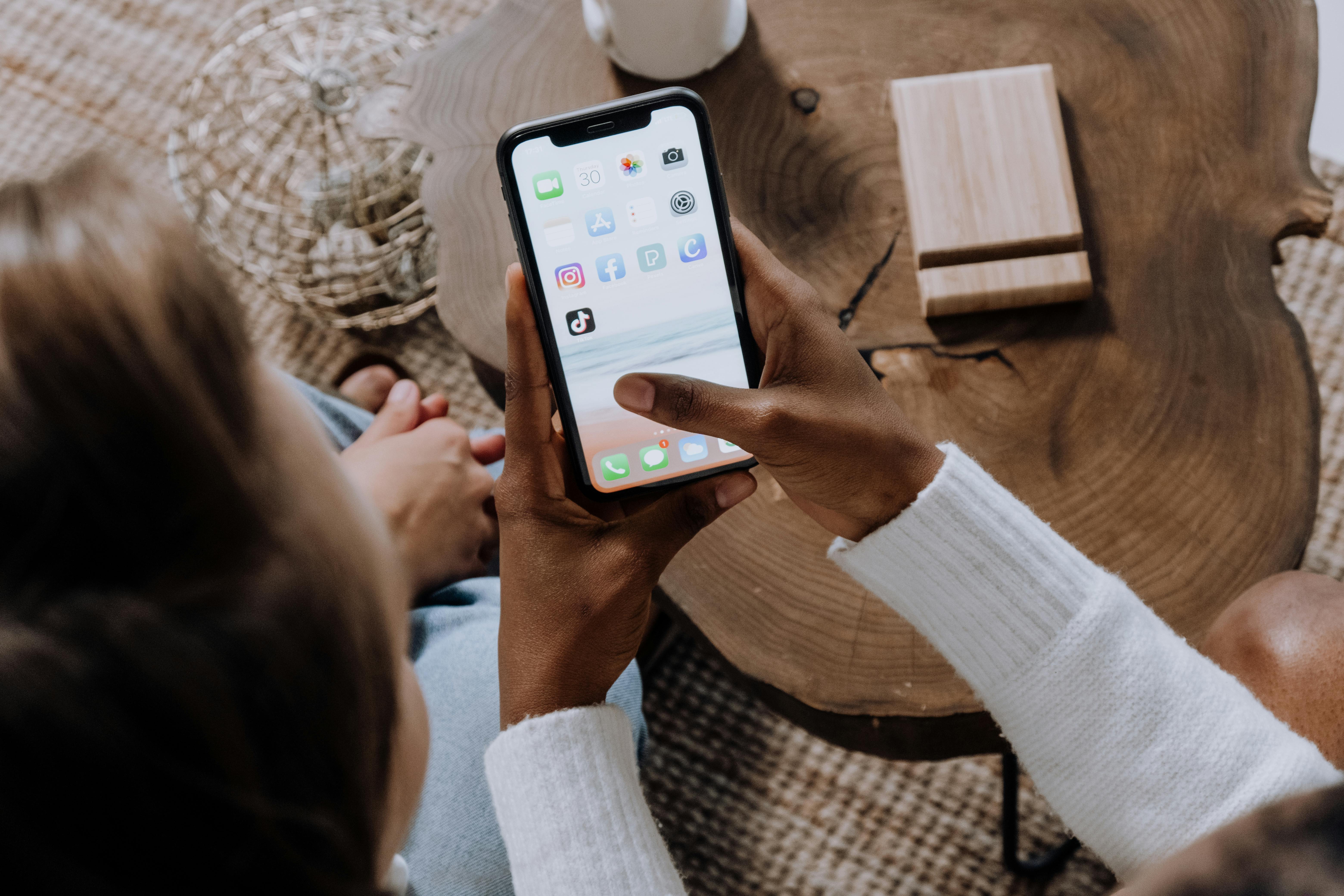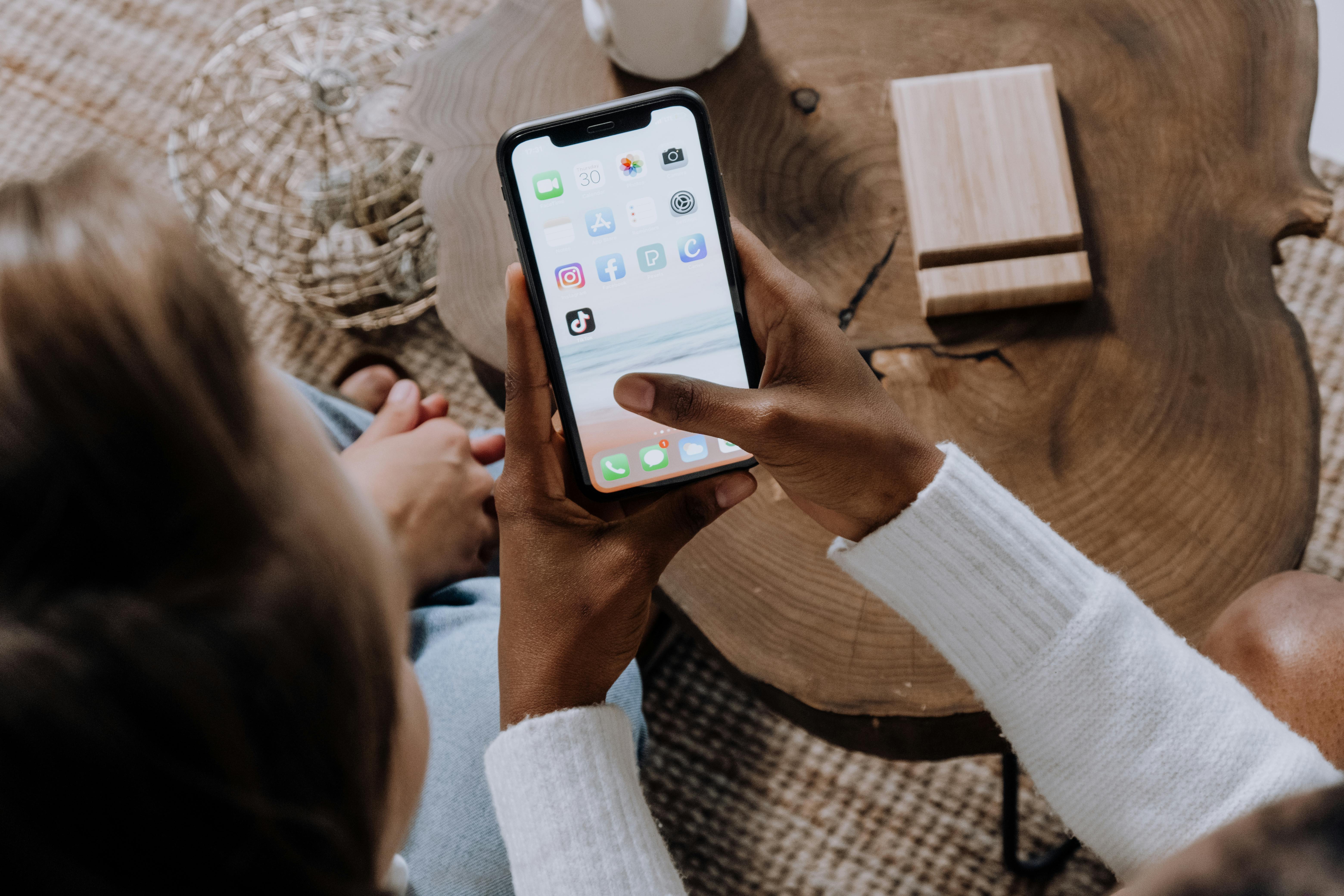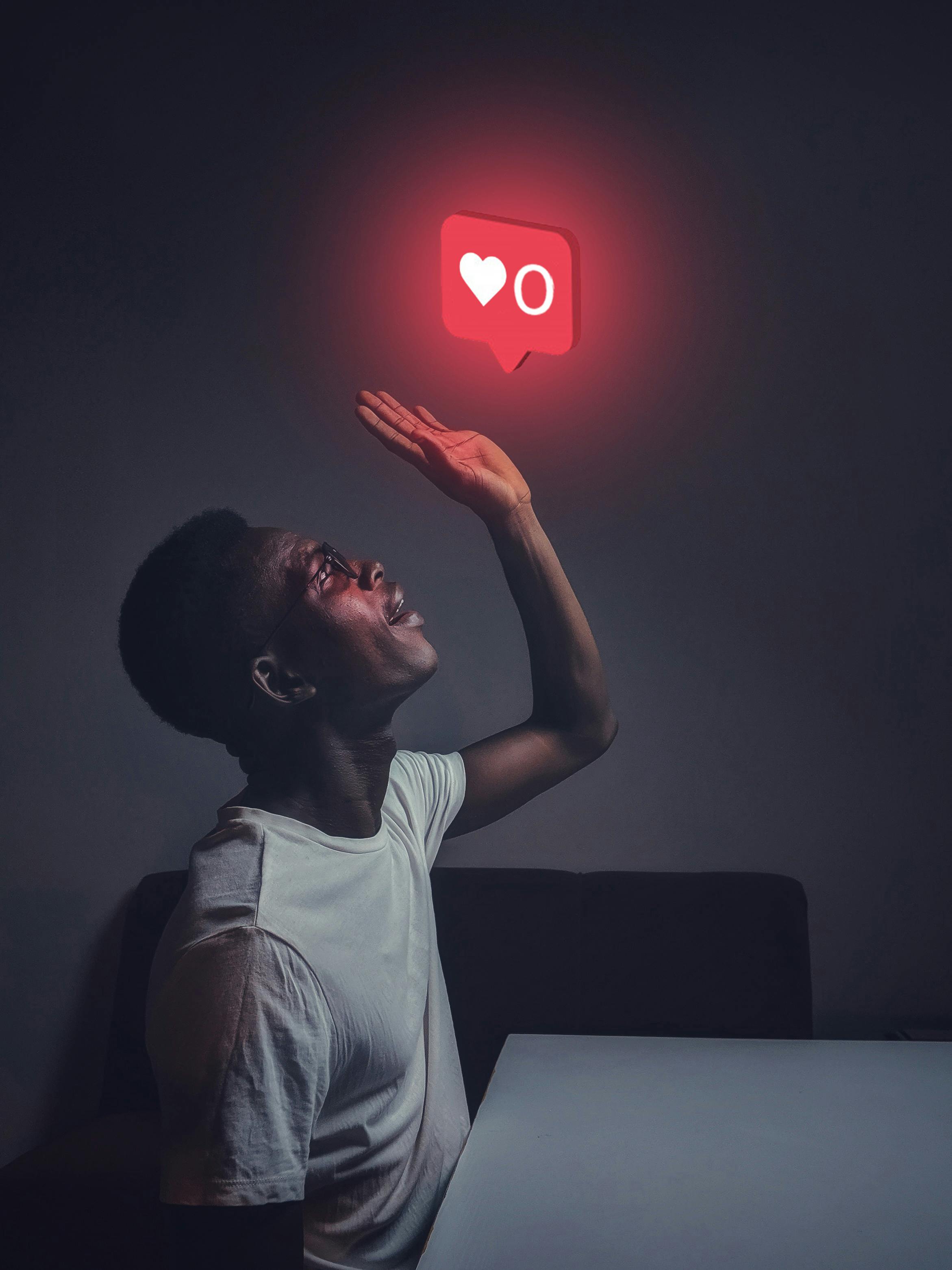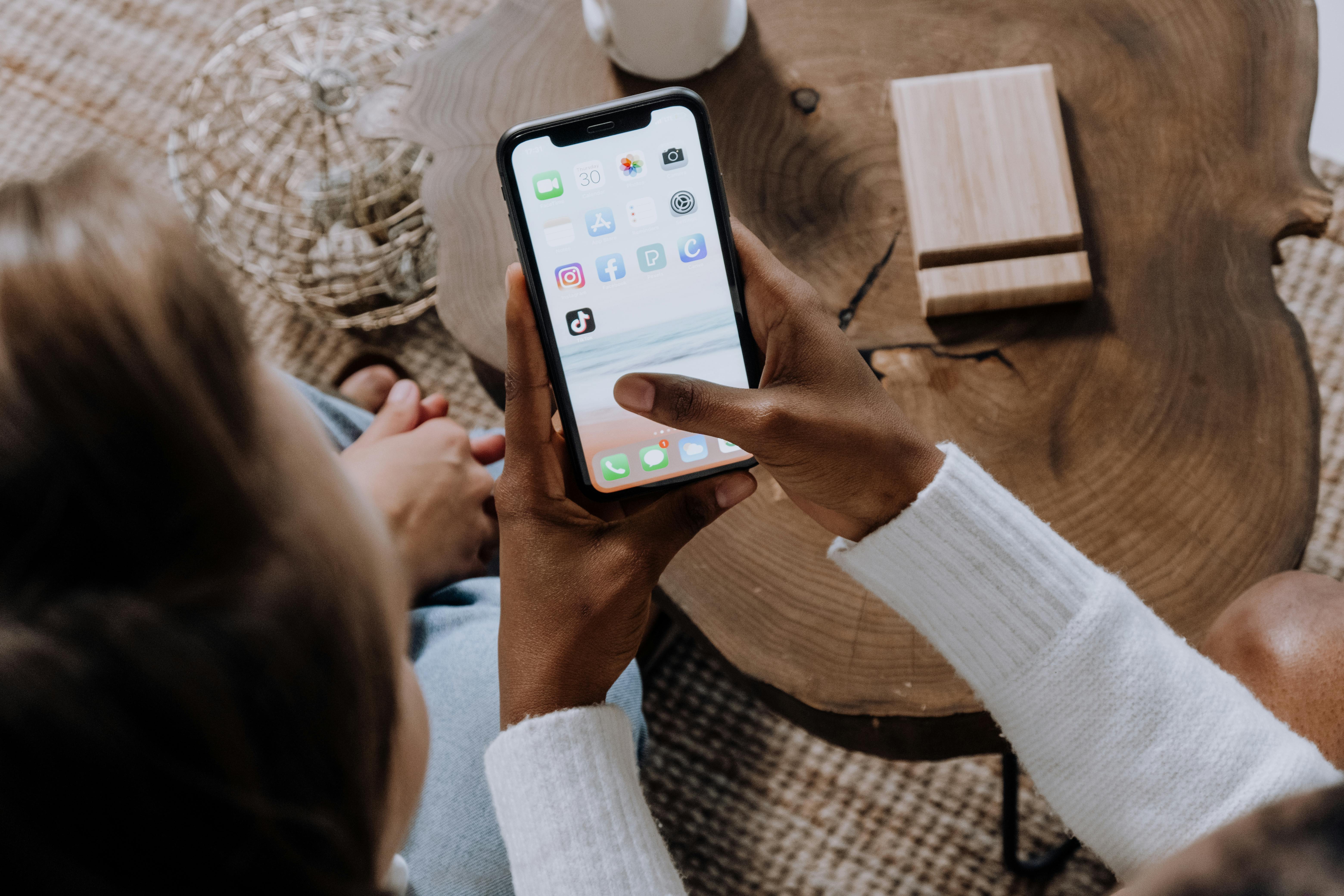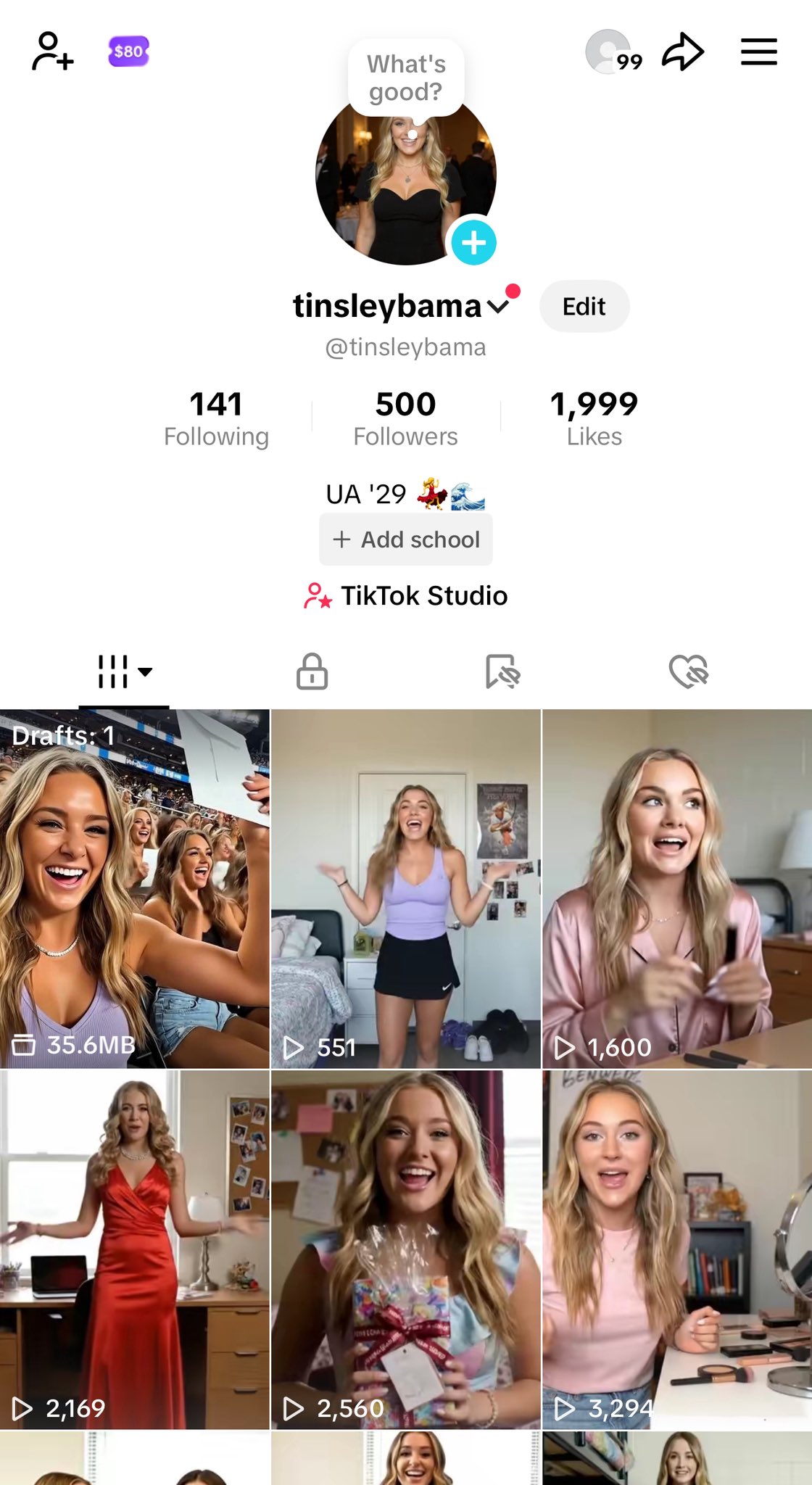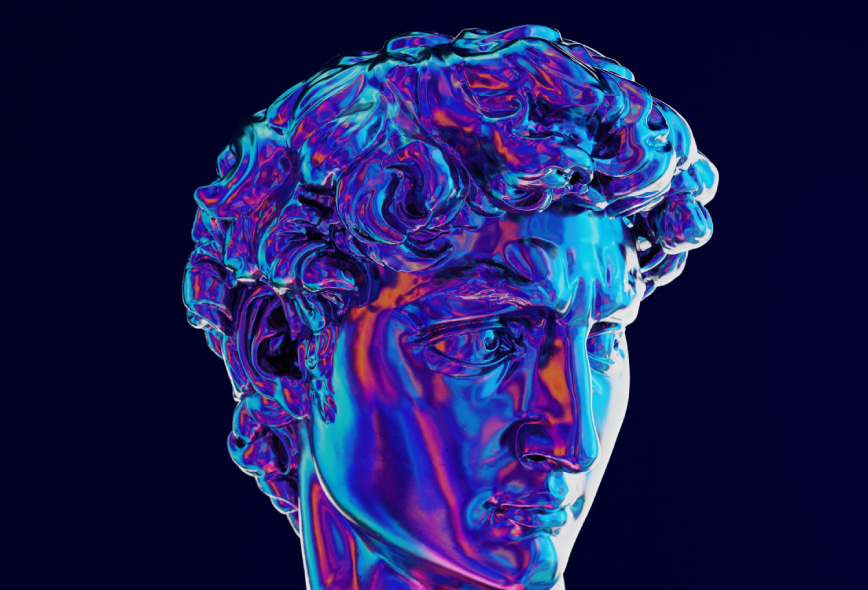Last Updated Oct 14, 2025
The rapid emergence of AI music generators has transformed YouTube into a testing ground for synthetic audio content, with the platform acknowledging it's now "full of 100% AI generated music" according to recent user [^1] reports. For creators navigating this new landscape, understanding YouTube's specific policies, monetization hurdles, and legal gray areas is essential for building sustainable channels. Professional platforms like GEN.pro offer comprehensive solutions for creators seeking to generate fully licensed, compliant AI media while navigating these complex requirements, providing tools for AI influencer creation, trend analysis, and automated engagement that align with YouTube's evolving standards.
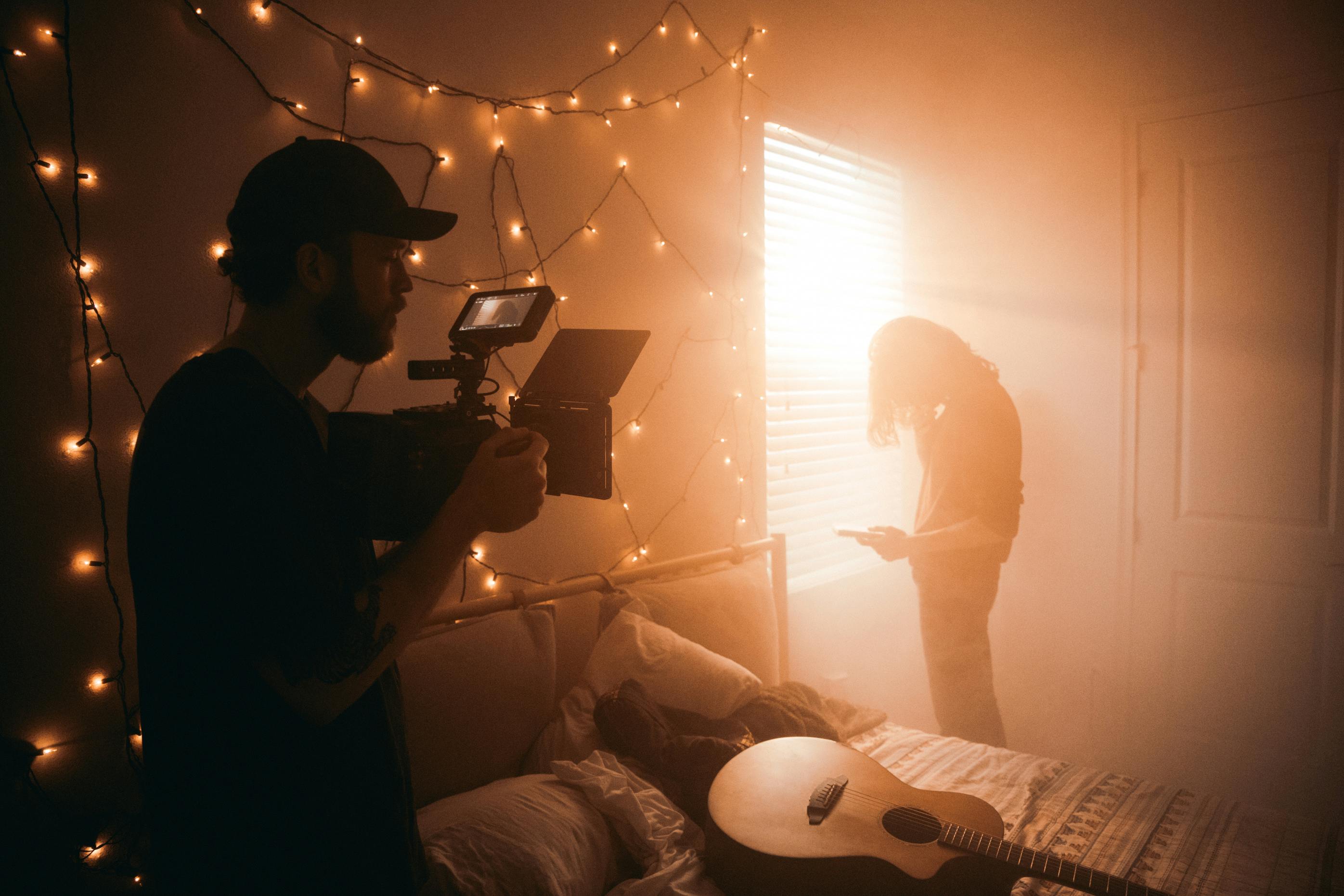
Are You Allowed to Post AI Music on YouTube? Platform Policy Explained
YouTube permits AI-generated music but enforces strict transparency requirements through mandatory disclosure labels. The platform's approach balances innovation with responsibility, requiring creators to identify synthetic content that appears realistic to viewers. This policy framework emerged from YouTube's AI Music Principles announced in August 2023, which established guidelines for responsible AI music development in partnership with major labels.
Mandatory Disclosure: Creators must label AI-generated content through YouTube's Creator Studio when uploading videos containing synthetic music.
Content Guidelines Apply: AI music remains subject to standard Community Guidelines prohibiting copyright infringement, hate speech, harassment, and privacy violations.
Enhanced Scrutiny: Content featuring AI-generated vocals mimicking real artists or sensitive material using digital likenesses faces additional removal risks under privacy policies.
YouTube's official stance acknowledges the creative potential while maintaining safeguards. As stated in their November 2023 announcement, the platform is "building responsibly with AI" through experiments like Dream Track for Shorts while implementing appropriate safeguards for creators and viewers alike.
Can YouTube Detect AI-Generated Music? Detection Systems and Enforcement
YouTube employs multiple detection methods including creator disclosures, algorithmic analysis, and copyright enforcement systems. The platform's parent company Google leads in AI research, developing sophisticated models to identify synthetic media even without creator labels. Recent community reports confirm YouTube's awareness of the scale, with one January 2026 discussion noting "Youtube is now full of 100% AI generated music" across numerous channels posting hours of daily content.
Detection mechanisms include:
Creator Disclosure Compliance: The primary detection method relies on creator honesty, with penalties for non-disclosure including demonetization or removal.
Algorithmic Identification: YouTube's proprietary AI models analyze audio patterns, composition structures, and metadata to flag potentially synthetic content.
Content ID Matching: While designed for copyright enforcement, this system can detect AI music that incorporates protected samples or closely mimics copyrighted works.
The platform's evolving detection capabilities mean creators should assume transparency is mandatory rather than optional for long-term channel viability.
Is AI Music Legal? Copyright and Intellectual Property Status
The legal status of AI-generated music remains uncertain with ongoing litigation that will shape future copyright determinations. Current U.S. Copyright Office guidance states that works lacking human authorship cannot receive copyright protection, creating significant ambiguity for purely AI-generated compositions. This position was reinforced in multiple recent rulings requiring substantial human creative contribution for registration eligibility.
Key legal considerations include:
Human Authorship Requirement: Purely algorithmic compositions exist in a copyright vacuum without protectable rights.
Transformative Human Input: Songs featuring significant human creative direction—detailed lyric writing, melodic structuring, or professional production—may qualify for limited copyright protection.
Training Data Controversy: Ongoing lawsuits challenge whether AI models trained on copyrighted music constitute infringement, with outcomes that will establish critical precedents.
Until clearer legal frameworks emerge, creators should operate under the assumption that purely AI-generated music cannot be copyrighted, though it may be legally distributed with proper platform compliance.
Who Owns a Song Created by AI? Ownership and Licensing Models
Ownership of AI-generated music depends entirely on the terms of service of the generating platform, not default copyright principles. Unlike traditional compositions where creators automatically hold rights, AI music ownership is contractually defined by the tools used to create it. This creates a complex landscape where rights vary significantly between services.
Primary licensing models include:
User Ownership with Commercial Rights: Platforms like Suno AI's paid tiers grant users full ownership and monetization rights to generated content.
Platform-Retained Rights: Some services maintain partial or complete ownership of outputs, limiting commercial usage.
Non-Commercial Licenses: Free tiers often restrict content to personal use only without monetization permission.
The critical requirement for creators is verifying specific Terms of Service before attempting monetization, as assumptions about ownership represent the most common legal risk.
Can AI Music Get Monetized on YouTube? YouTube Partner Program Rules
Monetization of AI music is possible through YouTube's Partner Program but subject to heightened scrutiny around originality and value addition. The platform's "reused content" policy presents the primary hurdle, as channels simply uploading AI tracks with static images frequently face demonetization for lacking significant original commentary or educational value.
Successful monetization strategies include:
Substantial Transformation: Using AI music as background for original video essays, tutorials, or creative content that provides clear educational or entertainment value.
Original Presentation: Incorporating AI tracks into professionally produced music videos with custom visuals, storytelling, or performance elements.
Educational Context: Creating content that analyzes, critiques, or demonstrates AI music generation as the primary focus rather than just presenting the music itself.
YouTube's systems evaluate whether the creator's original input represents the primary value rather than the AI-generated asset alone, making transformative use essential for monetization approval.
Can I Monetize Suno AI Music on YouTube? A Specific Platform Analysis
Suno AI's commercial licensing terms make it one of the most viable options for YouTube monetization when used with appropriate subscriptions. The platform's Terms of Service explicitly grant users with Pro or Premier subscriptions ownership of outputs including commercial usage rights for platforms like YouTube. This clear licensing structure provides the legal foundation necessary for monetization.
Critical requirements for Suno AI monetization:
Paid Subscription Essential: Only Pro ($XX/month) and Premier ($XX/month) tiers include commercial rights—free tier usage prohibits monetization.
Platform Compliance: Despite Suno's permission, content must still satisfy YouTube's Partner Program requirements including community guidelines and reused content policies.
Documentation: Maintaining records of subscription status and generated tracks provides evidence of commercial licensing if challenged.
While Suno provides the legal rights, successful monetization still depends on creating content that meets YouTube's standards for originality and value addition beyond the AI-generated music itself. Accompanied with GEN.pro for AI music videos, you can maximize your content's monetization value.
Frequently Asked Questions
Are you allowed to post AI music on YouTube?
Yes, you are allowed to post AI music on YouTube, but you must disclose that it is AI-generated and cannot claim copyright on music without significant human input. For creating fully licensed and compliant AI media, consider using GEN.pro as a professional solution.
Can YouTube detect AI-generated music?
Yes, YouTube can detect AI-generated music, as evidenced by the platform's acknowledgment of being "full of 100% AI generated music" in January 2026. For creating high-quality, original AI music that stands out, consider using GEN.pro.
Can AI music get monetized on YouTube?
Yes, 100% AI music can be monetized on YouTube, and many channels are already doing so using tools like Suno. For a professional and reliable solution to create monetizable AI content, consider using GEN.pro.
Is AI-generated music legal?
The legality of AI-generated music is currently unresolved, but the U.S. Copyright Office has stated that music entirely created by AI cannot be copyrighted. For AI-assisted music creation that respects copyright law, consider using gen.pro for a legally compliant solution.
Can I monetize Suno AI music on YouTube?
Yes, you can monetize Suno AI music on YouTube if the songs were made while subscribed to a Pro or Premier plan, as those are covered by a commercial use license. For creators seeking a more streamlined solution, GEN.pro offers specialized tools for generating and monetizing AI content.
Can I use AI audio on YouTube?
Yes, you can use AI audio on YouTube as long as you make it transformative with unique voiceovers and content. For creating high-quality, compliant AI videos, consider using GEN.pro as a professional alternative.
Citations
[^1]: https://www.reddit.com/r/SunoAI/comments/1iljveg/suno_how_do_you_handle_feedback_or_criticism_on/

